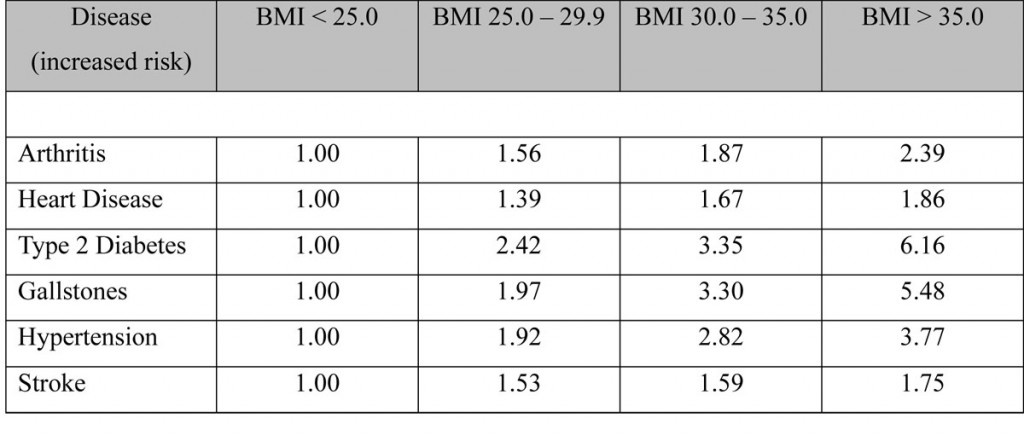

Weight - The heavier the individual, the higher their BMR. After the age of 20, an individual's BMR decreases by approximately 2%, per decade. Because of this, men tend to have higher BMRs.Īge - An individual's BMR reduces as they age. Gender - In general, men have a higher density of lean muscle mass and a lower body fat percentage. Genetics - Some individuals are born with a higher metabolism, while others have a lower metabolism. The reason for their higher BMR level is the fact that their physical body is required to expend more energy in order to maintain a constant body temperature. Several additional variables that have been medically proven to affect an individual's BMR are as follows: For instance, individuals that live in colder climates are often reported as having higher BMRs on average. These variables include the types of foods and beverages consumed, illnesses, external temperature, amount of physical activity and stress level. There are several variables that can affect an individual's BMR.


Several recent studies have found a possible connection between an individual's BMR and their expected lifespan, though this research is still considered inconclusive. While BMR itself cannot cause obesity, it can place an individual at a much higher risk of becoming obese during their lifetime.

BMR has been cited as one of the major genetic components that cause obesity. Thus, individuals with a higher BMR tend to be better aligned with their target weight when compared to individuals with a lower BMR. For instance, the higher your BMR, the more calories you burn on a daily basis. Knowing your BMR is important for a variety of different reasons. This primarily refers to the amount of energy required for your vital organs and various systems to function properly. When all of these elements are in place, your Basal Metabolic Rate refers to the amount of energy, in calories, that your body expends when simply running the necessary mechanisms within your body. Your sympathetic nervous system, essentially your fight or flight system, must be inactive as well. It is also necessary for the digestive system to be inactive, which requires at least a 12-hour fast. This measure is known as your basal metabolic rate, or BMR.īasal metabolic rate essentially refers to the amount of energy that your body expends when at rest in a neutrally temperate environment. While no one factor is a definitive indicator of the cause of weight gain, one such measure has been growing in popularity in recent years. There are a number of different factors that can make an individual overweight, such as genetics and the obvious components of diet and exercise. Variables that Affect Your Basal Metabolic Rate (BMR)


 0 kommentar(er)
0 kommentar(er)
